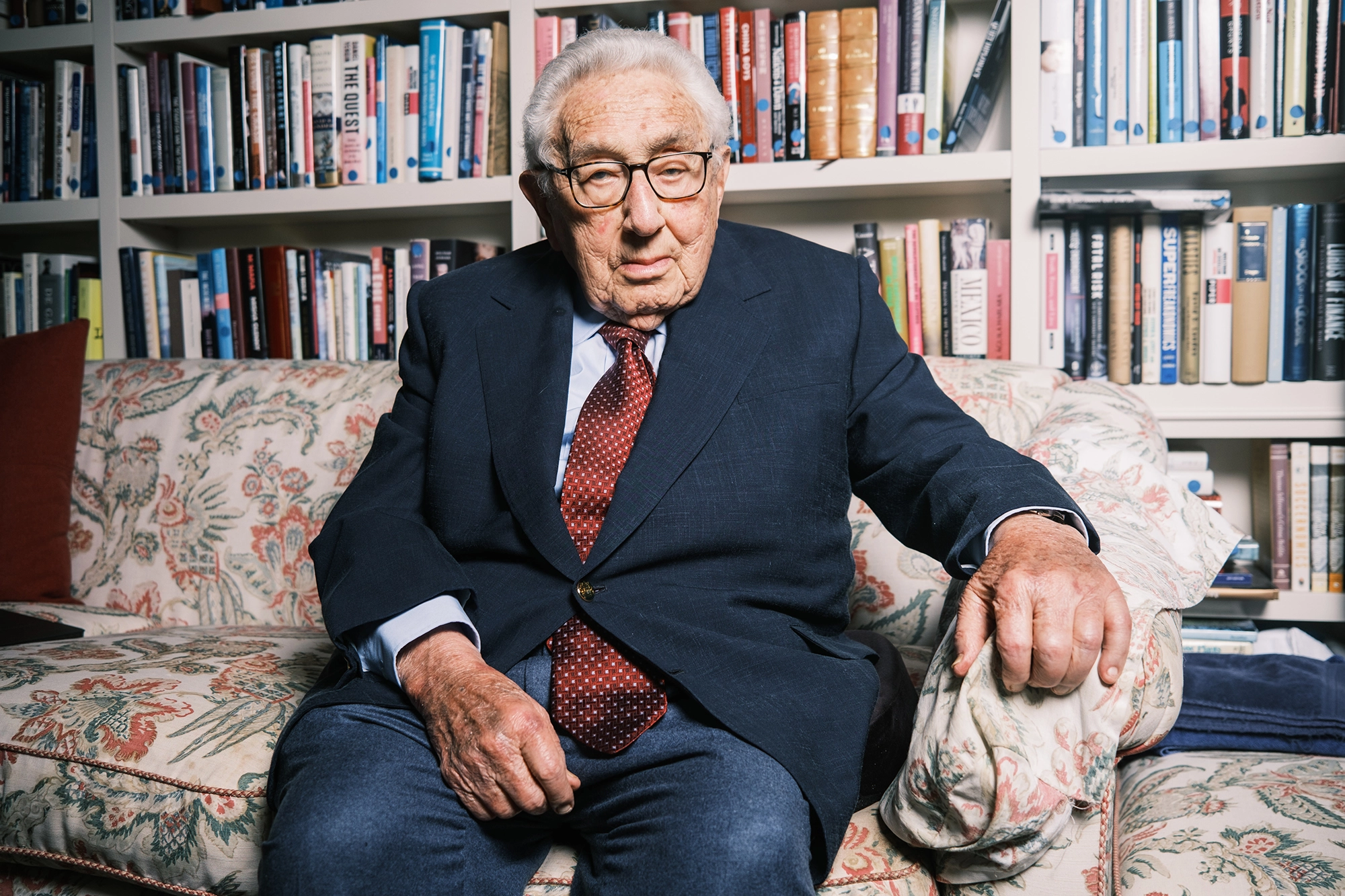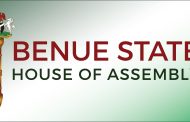The world has lost one of the most influential theorist and practitioner of foreign policy in the 20th and 21st century. He is Dr Henry Kissinger, a former American Secretary of State. Before that, he was National Security Adviser.
Kissinger is a very controversial personality from A to Z. some of his critics go as far as calling him a war criminal because of tactics doctrines he developed and which the US security establishment operationalised across the non-Western world.

 In scholarship, he is notable for bringing back geopolitics in its classical form rather than in its more dominant form today called ‘Critical Geopolitics’
In scholarship, he is notable for bringing back geopolitics in its classical form rather than in its more dominant form today called ‘Critical Geopolitics’
The interesting thing about Henry Kissinger is he never separated foreign policy practice from its scholarship. For him, the two went together. And he wrote profusely, a lot of it recollections of his own roles but at a level of abstraction that gave each a scholarly touch even for his critics.
Intervention is sure that where he scored the highest goal in his exertions in foreign policy will be an issue in debate but his role in drawing the US and China closer as a way of draining the defunct USSR might be the winner.
The United States had no hands in the USSR – China quarrel which came to a head following a Soviet leader’s statement on a nuclear blast. However, following a mirror-imaging analogy, the US (or Kissinger) saw that as an opening to widen the chasm between the USSR and China. Henry Kissinger was the architect of that pursuit, escorted by American media, some of whom started to make Deng Xia Oping their ‘Man of the Year’. The idea was that China would develop into another great power within the ‘liberal world order’

With China ever on his mind, he went to Beijing only 5 months ago into warm welcome by Xi Jinping
China did develop into a world power but not as a believer in the ‘liberal world order’ but as an antagonist of it. By the 1990s, the US had become too concerned with the reality of a peer competitor that it went to war in Iraq to, according to some international political economists such as Alex Callinicos of Kings College London, achieve a show of force and the associated ‘shock and awe’ that could intimidate any other nation(s) thinking of peer competition. It seemed too late.
But in July 2023, he was in China, a visit that carried weight given the reception for him by President Xi Jinping who called him ‘old friend’. It is difficult deconstructing what ‘old friend’ might mean in the context of usage: an old reliable or a dying friend or a friend who has been succeeded by newer ones. Intervention‘s vouch is that, in whatever sense it is understood, it looks like contemporary US-China relations cannot be written without huge reference to Kissinger. Who know which of recent signs of a thaw in US-China relationship is a product of his July trip to Beijing.
The South China Morning Post reports his death by talking of “Henry Kissinger, a controversial Nobel Peace Prize winner and diplomatic powerhouse whose service under two US presidents left an indelible mark on US foreign policy”.
The Washington Post is no less interesting in saying that “Henry A. Kissinger, a scholar, statesman and celebrity diplomat who wielded unparalleled power over U.S. foreign policy throughout the administrations of Presidents Richard M. Nixon and Gerald Ford, and who for decades afterward, as a consultant and writer, proffered opinions that shaped global politics and business, died Nov. 29 at his home in Connecticut. He was 100”
The New York Times might be unsurpassable in its coverage of Kissinger’s death so far
How well Richard Haas of the Council on Foreign Relations or Prof Joseph Nye (ex-Harvard) can succeed Kissinger in terms of the conceptual framework for managing US-China relations is what remains to be seen, those two being the likely ‘successors’ although there are younger tigers in Harvard and Princeton universities in particular.
- Adagbo Onoja reporting




























